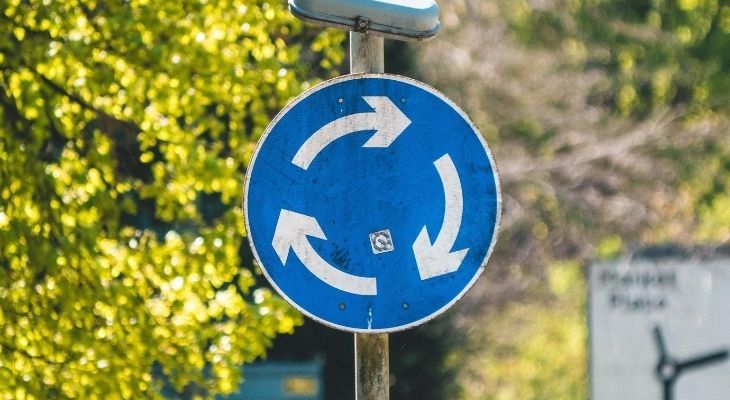Building a Circular Economy: Product Stewardship Act Moving the Industry Back on Track
Earlier in July, the review of the Product Stewardship Act and $20 million Investment Fund was released, highlighting a positive and strong response from the Australian Government in regards to the future of the waste and recycling industry.
As an important piece of reform, the Product Stewardship Act and Investment Fund are seen as necessary to the industry, to not only push for better re-circulation of resources in the economy, but to also reduce the amount of materials going to waste.
“NWRIC has been actively advocating for product stewardship to drive the circular economy since the organisation was formed in 2017. Leading up to the 2019 federal election the NWRIC called for the establishment of a National Waste Commissioner who would drive the implementation of the National Waste Policy Action Plan and Product Stewardship Act”, says Rose Read, CEO of the National Waste and Recycling Council (NWRIC), on the announcement.
The NWRIC work to develop the industry, representing over 500 small businesses in waste management across Australia, committed to advancing waste and recycling services and ensuring safe and sustainable practices.
Speaking on the initiatives undertaken by Government so far, Read continues “The Federal Oil Product Stewardship scheme, the National Television and Computer Recycling Scheme (NTCRS), MobileMuster and NSW’s Container Deposit Scheme are all excellent examples of how engaging businesses to take responsibility for their products can create better resource management, economic, social and environmental outcomes.”

Rose Read – CEO, NWRIC
Although citing preference for product stewardship schemes to be regulated to guarantee all businesses participate and are held accountable for their delivery, Read and the NWRIC do consider changes to the Act in the way of the priority product list and voluntary accreditation, paired with funding, a step in the right direction. “[This] will go a long way to ensuring manufacturers, brands, and retailers do not sidestep their stewardship responsibilities and deliver meaningful outcomes transparently. Consumers expect no less.”
As a first priority, Read suggests a comprehensive national battery recycling program be put in place, funded by all battery brands by the end of 2020. “More and more batteries are incorrectly ending up in rubbish and recycling bins, causing fires in collection trucks, processing facilities and landfills on a monthly if not weekly basis, putting lives at risk and causing environmental damage”, she says.
“Secondly the Commonwealth should expand the NTCRS to include all products with a plug or a battery as soon as possible. ” With many electrical and electronic appliances containing potentially hazardous substances, Read emphasises the need for these to be collected, transported and processed separately from kerbside recycling.
The NWRIC are also calling for current voluntary structures to be become accredited under the Act by end of year. Shining a spotlight on greater visibility on performance of such schemes, Read continues, “Transparent reporting and accountability are essential prerequisites when it comes to effective product stewardship and building consumer confidence.”

On the matter of funding, the council are also emphasising the need for voluntarily accrediting within 12 months of funding for the development and improvement of new or existing stewardship schemes.
“Finally, the Commonwealth Government, through its proposed revision of sustainable procurement guidelines, should preference organisations that are participants in a voluntary accredited or regulated product stewardship scheme over those that are not.” Read sees this as a fundamental requirement to a positive procurement process.
The council and industry alike, are looking forward to working with the Commonwealth and businesses in further developing and employing robust schemes of product stewardship to help deliver substantial resource recovery and reuse outcomes to achieve National Waste Policy Targets. These include “…reducing total waste generated in Australia by 10% per person by 2030, 80% average resource recovery rate from all waste streams by 2030, significantly increase the use of recycled content by governments and industry and phasing out problematic and unnecessary plastics by 2025,” Ms Read said.
-
Subscribe to NSW's biggest platform for waste, recycling and resource recovery
- Subscribe

